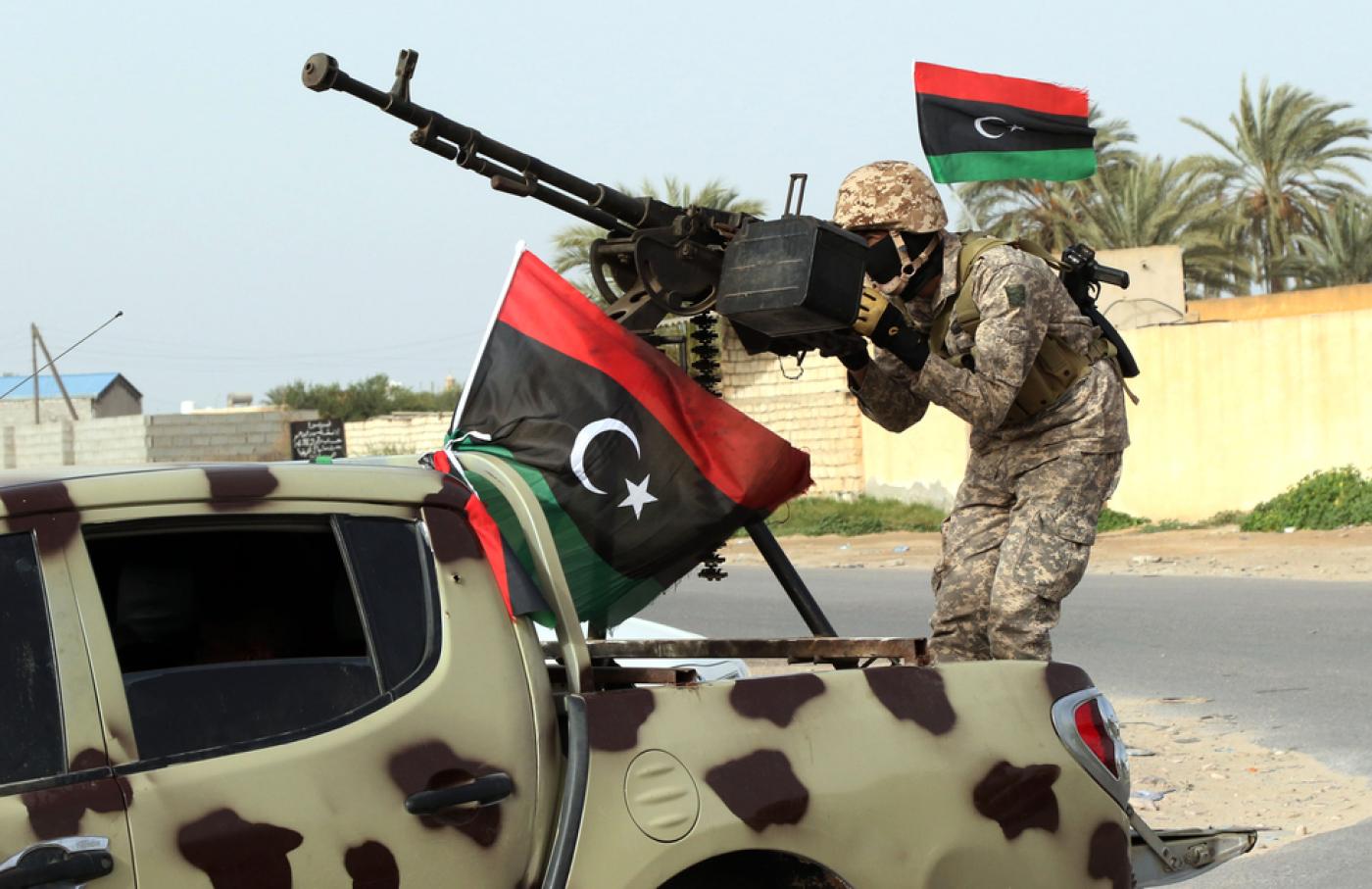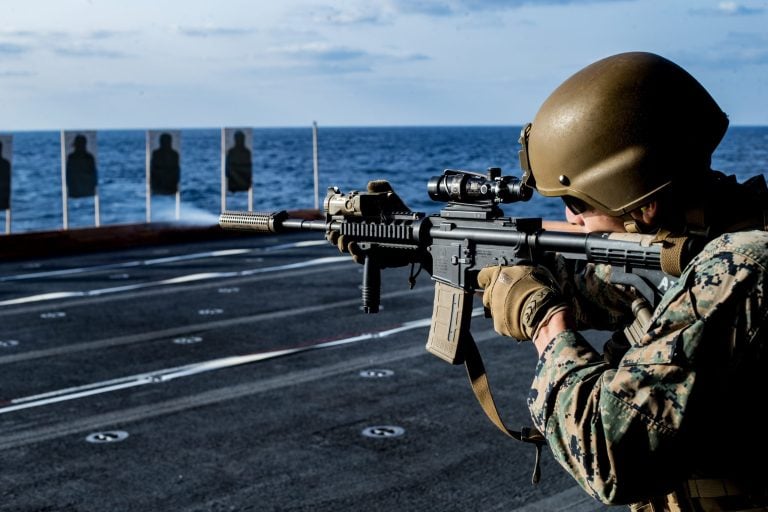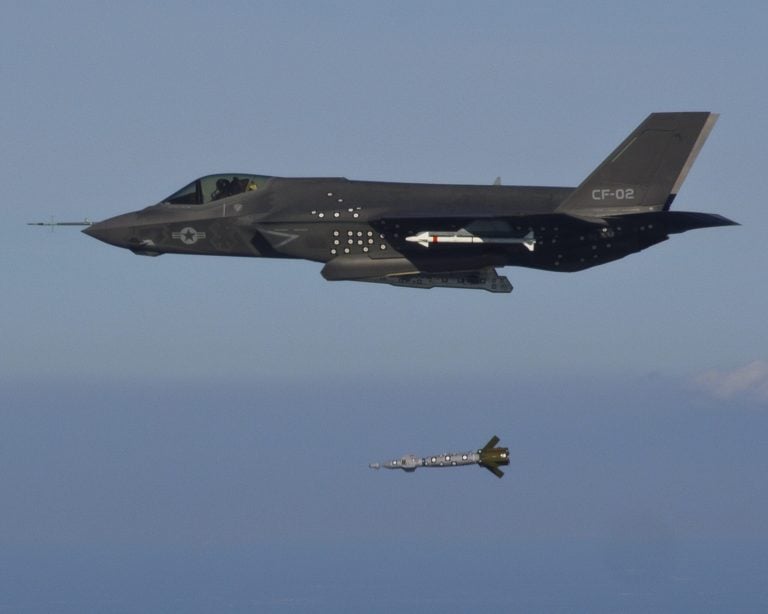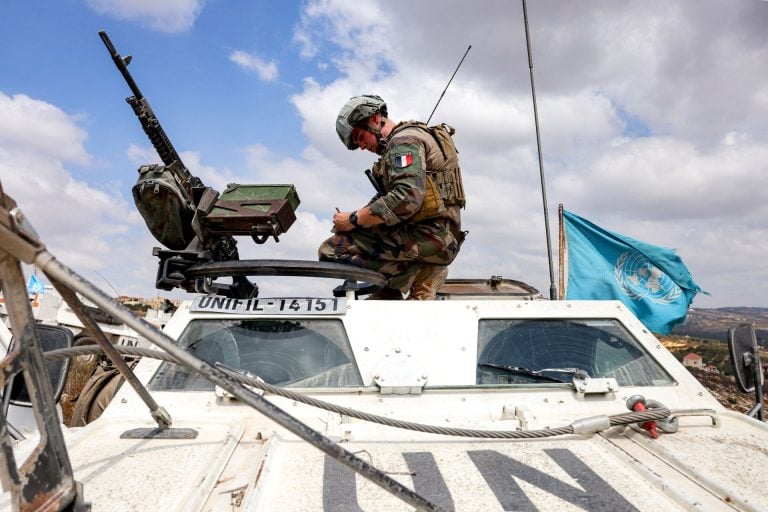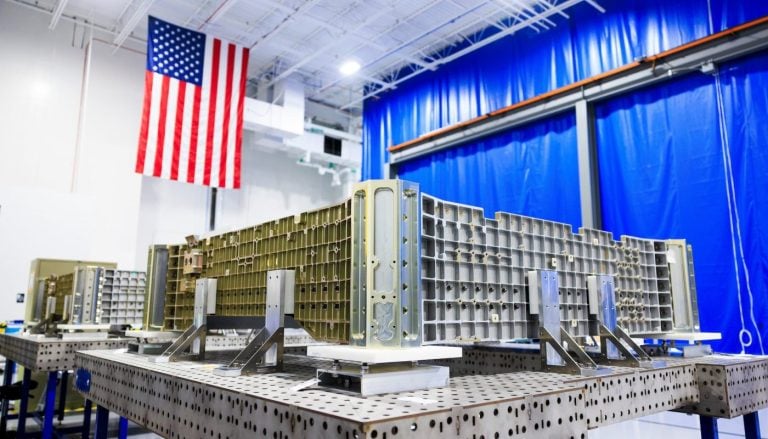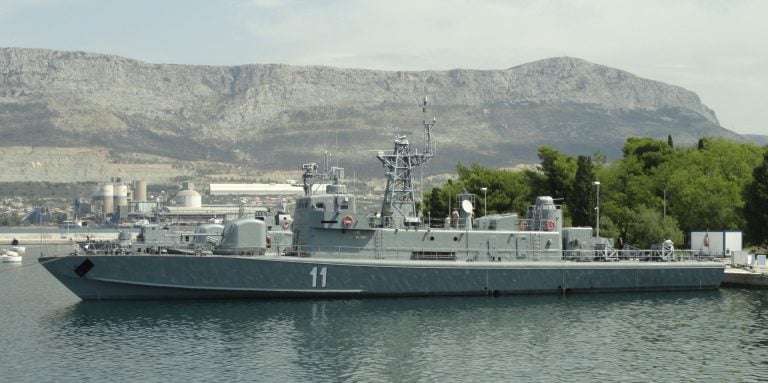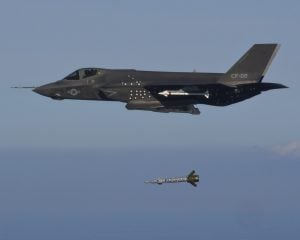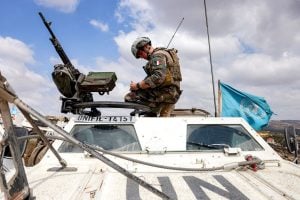Libya’s UN-recognized government based in Tripoli has reportedly reached a preliminary agreement with the influential Radaa Force to address months of escalating tensions that have occasionally resulted in violence. Sources indicate that the negotiations received support from Turkey, which played a crucial role in mediating between the two parties.
Ziyad Deghem, an adviser to the head of the Presidential Council, mentioned that further details about the accord will be made public at a later date. As of now, neither Radaa Force nor the government has issued official statements regarding the agreement.
Adding to the developments, local broadcaster Al-Ahrar shared a video on social media platform X, claiming to show defense ministry forces entering an airport under the control of the Radaa Force. This step signals a potential shift in power dynamics in a country struggling with instability and division since the NATO-backed uprising that overthrew longtime leader Moamer Kadhafi in 2011.
Libya remains divided, with a UN-recognized government in the western region and a rival authority in the east led by military commander Khalifa Haftar. The situation has been fraught with violence, as evidenced by clashes in mid-May between government-aligned forces and armed groups, including the Radaa Force, which exerts control over parts of Tripoli, including Mitiga airport, as well as various prisons and detention facilities.
According to reports from Al-Ahrar, the negotiation outcomes suggest that both parties have come to an understanding involving a “neutral and unified force” responsible for managing and securing four key airports in the west, including Mitiga—Libya’s only airport serving the capital for commercial flights. The agreement also indicates that the management of prisons and detention centers currently overseen by the Radaa Force will transition to the authority of the Attorney General’s office.
In his remarks on Al-Ahrar, Deghem acknowledged Turkey’s significant role in the negotiations and expressed gratitude to the United Nations Support Mission in Libya (UNSMIL) for its pivotal role in mediating the discussions. The potential for this accord to contribute to a more stable political environment in Libya remains to be seen as the situation continues to evolve.
